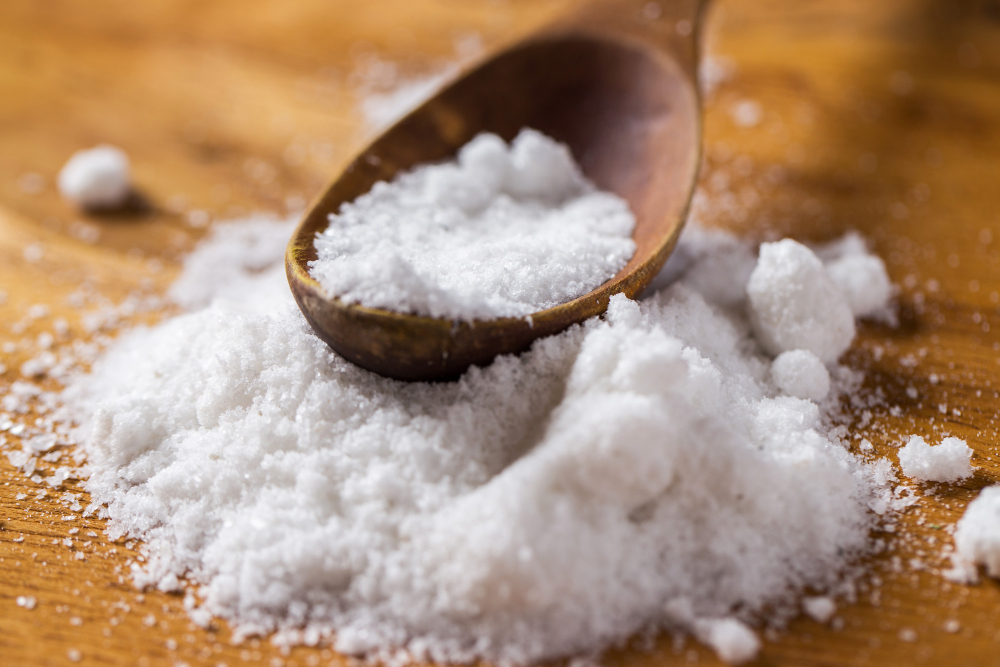Modifying your salt intake can affect your health and longevity
When you think about blood pressure, your kidneys may not come to mind. But when these bean-shaped organs sustain damage or are thrown off balance — perhaps by heavy salt intake — both your blood pressure and your heart may feel the repercussions. Your kidneys filter more than 120 quarts of blood each day. They pull toxins and unwanted fluid from cells throughout the body, then send them to the bladder. Eating too much salt can make it harder for your kidneys to remove fluid, which then builds up in your system and increases your blood pressure.
What hypertension does do to your kidneys?
You can see this chicken-or-egg effect with high blood pressure and kidney disease as well. Hypertension puts extra pressure on the kidneys’ filtering units, which can lead to scarring. This impairs the kidneys’ ability to regulate fluid, which increases blood pressure. “If this cycle is not stopped, it can lead to kidney disease and kidney failure,” says Dr. Arben Asani
“High blood pressure and uncontrolled diabetes are the most common causes of kidney disease.”
If you are experiencing any of these symptoms — particularly if you are at risk of kidney disease because you’re over age 60, have high blood pressure, have diabetes, or have a family history of kidney failure — talk to your doctor about your kidney health and salt intake. Working with your doctor to ensure that salt intake is not raising your blood pressure and impacting your heart and kidneys can have a dramatic impact on your health and longevity.


















